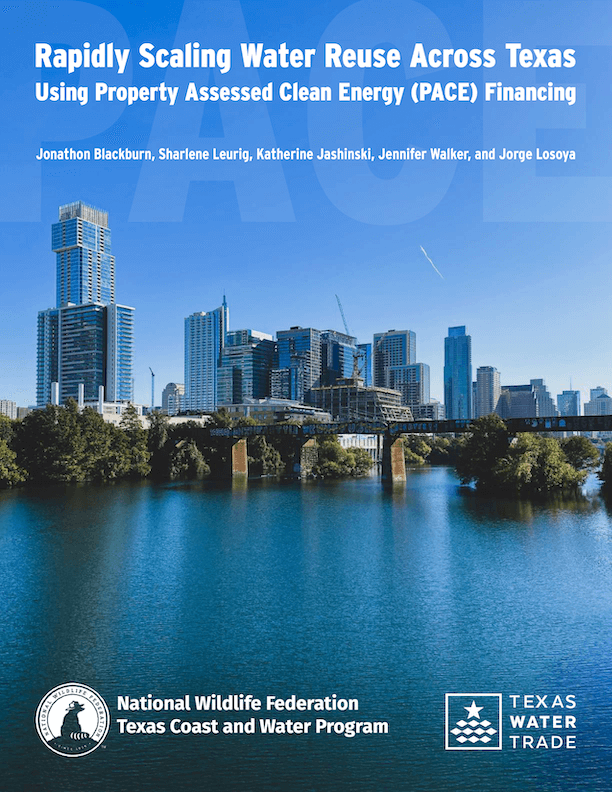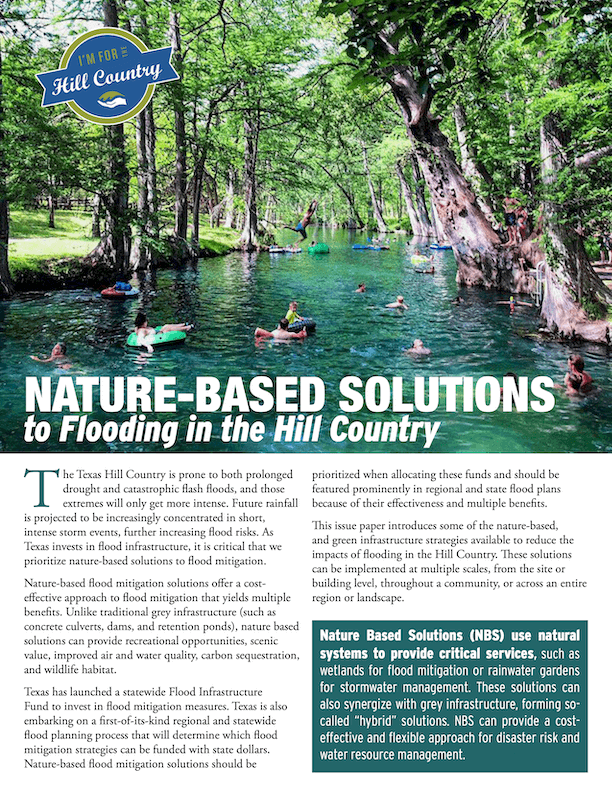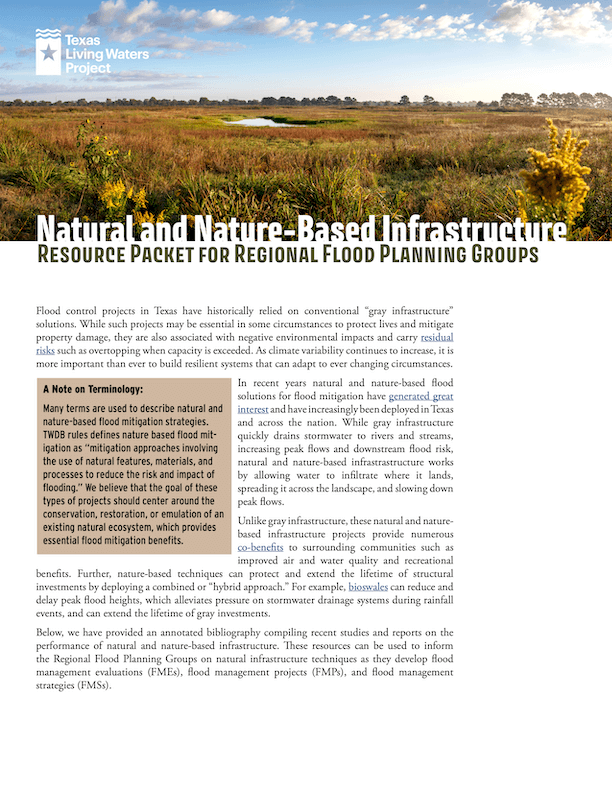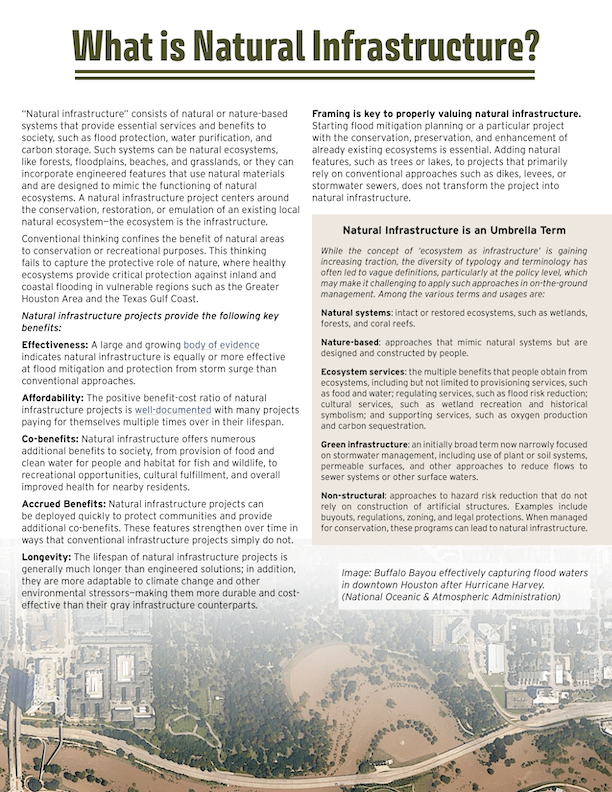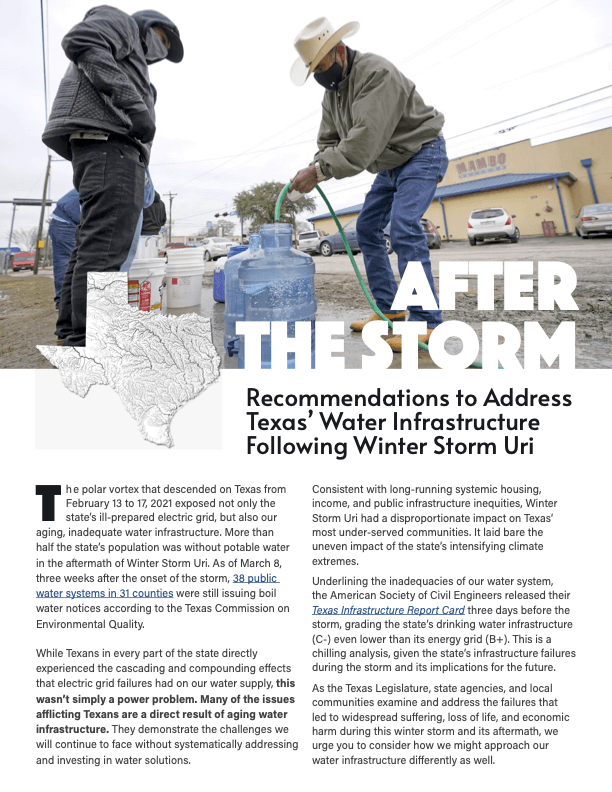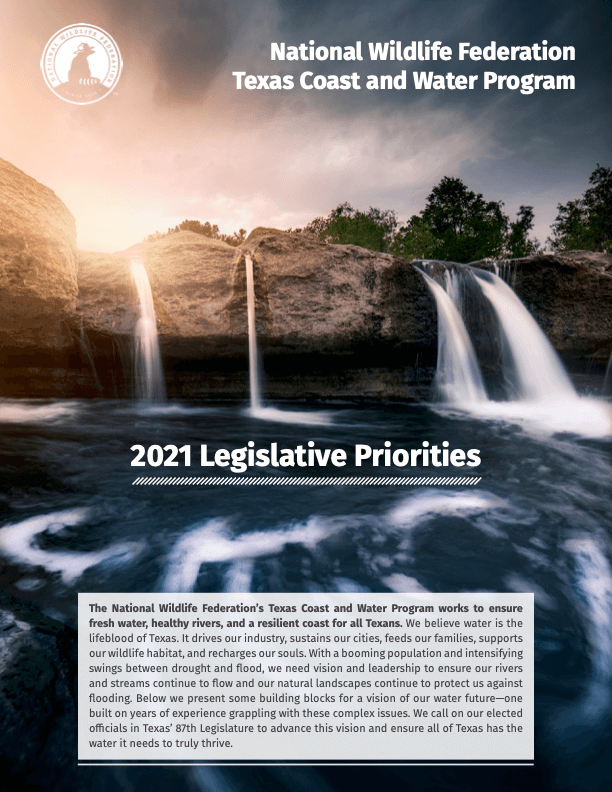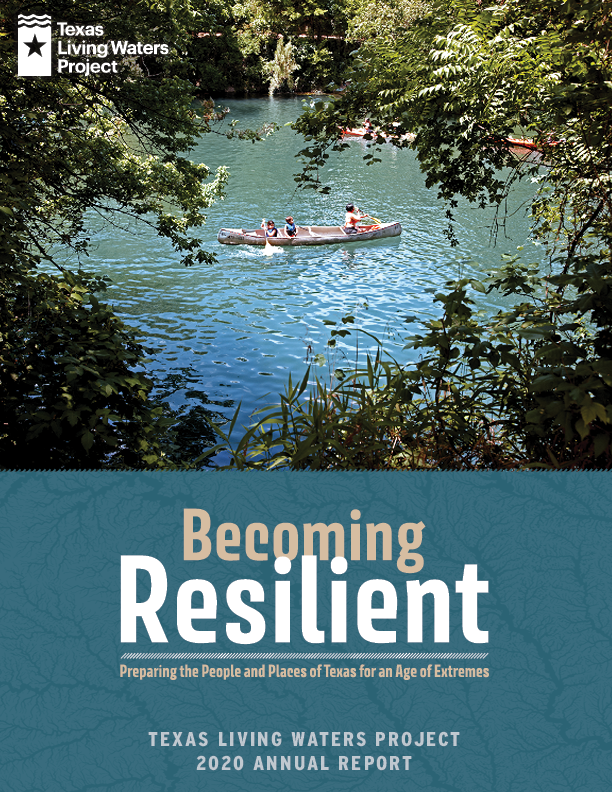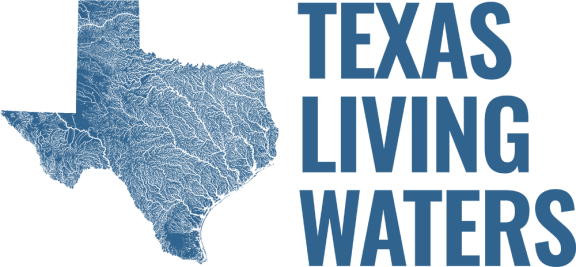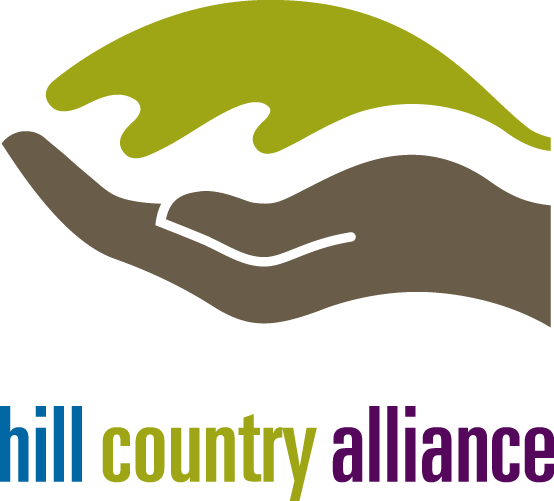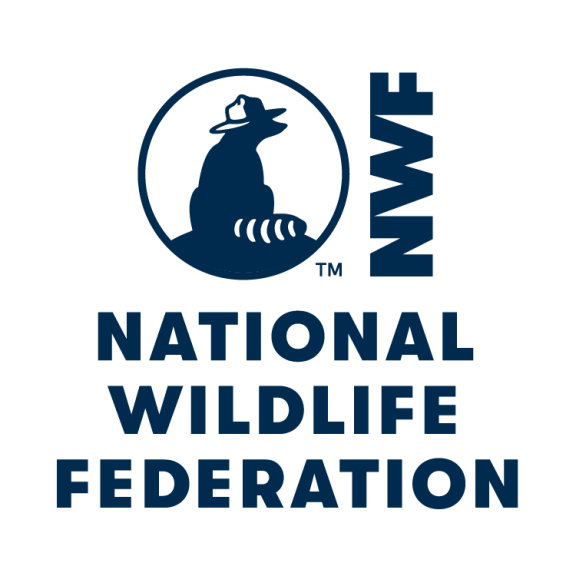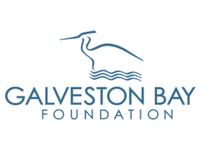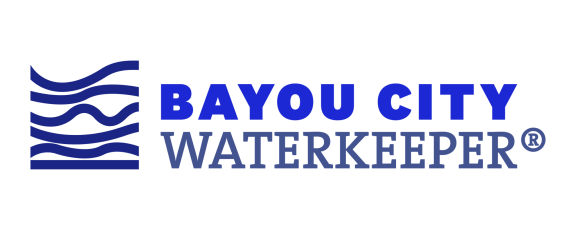DIVE DEEPER
Our Research and Publications
Our Most Recent Work
With hurricane seasons intensifying and built development proliferating, natural infrastructure represents a critical avenue for the Houston-area to both protect itself from future flooding and ensure livable green spaces for its communities.
This report provides an overview of natural infrastructure and associated terms. It outlines the benefits of this approach and highlights seven existing natural infrastructure projects in Houston. It also provides details on a number of proposed projects still open to funding.
The report was developed in collaboration with Bayou City Waterkeeper, Bayou Land Conservancy, Bayou Preservation Association, Buffalo Bayou Partnership, Galveston Bay Foundation, Houston Advanced Research Center, Katy Prairie Conservancy, and the National Wildlife Federation.
